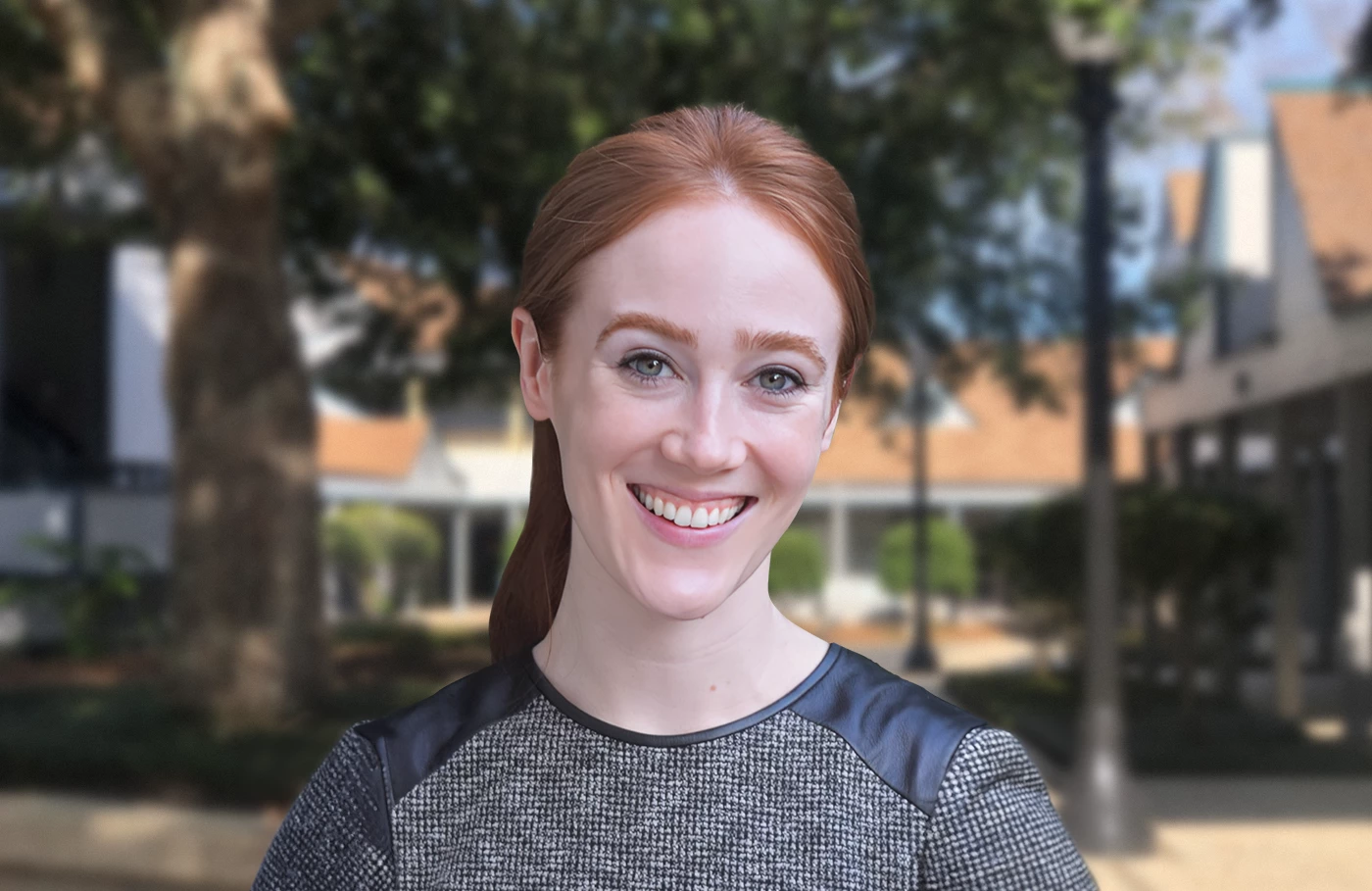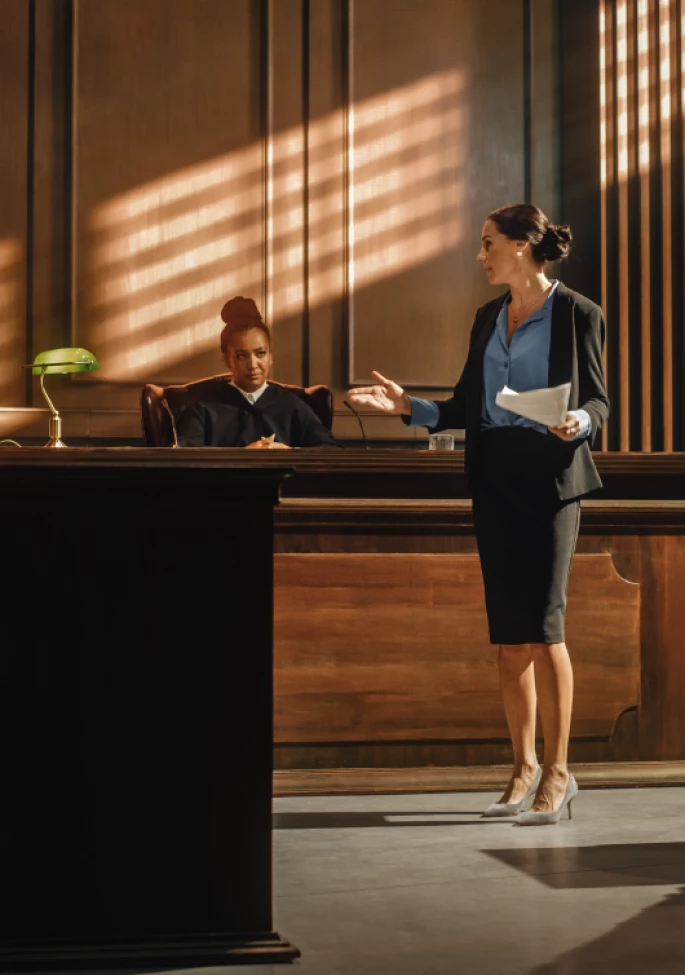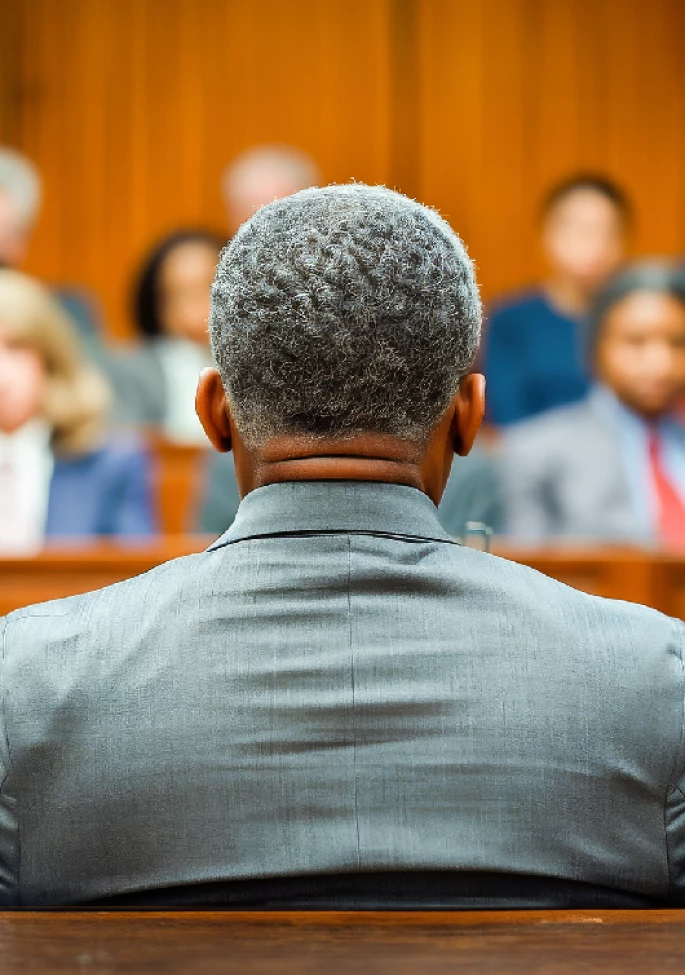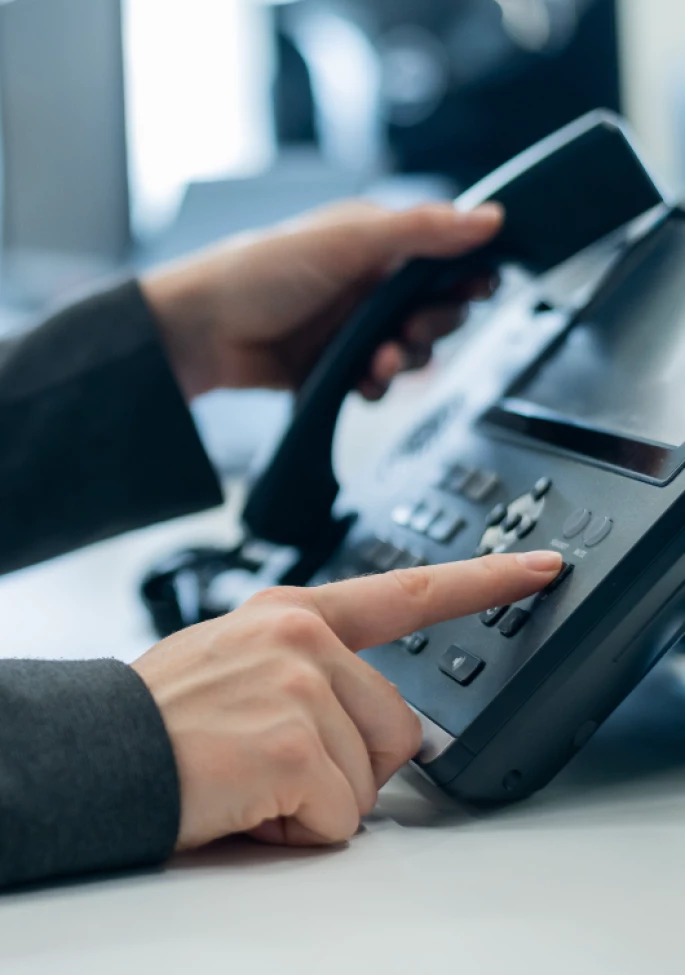IMS Jury Consultant Alexa Hiley assists top litigators by providing insight into how juror attitudes, opinions, and beliefs affect the outcome of a case. Currently pursuing a doctorate in experimental psychology and law from CUNY GC, Alexa brings a research-driven perspective to her role at IMS—enabling our clients to create data-centric strategic messaging for their complex matters.
Alexa has consulted in state and federal criminal cases, previously working as a research assistant for a California-based litigation consulting company and interning as a jury research coordinator with Litigation Insights (a jury consulting and visual communication firm that has since joined IMS). Additionally, she spent two years at the BIDMC Transplant Institute as a clinical RA with the Surgical Outcomes Analysis & Research team.
Alexa’s research interests have included attorney decision-making during the pre-trial phase, the role of racial bias in juror evaluation of witness credibility, and confirmation bias in expert testimony (how jurors evaluate testimony from potentially biased experts). She was awarded the National Science Foundation’s Research Improvement Grant for her doctoral dissertation, which focuses on the factors that affect defense attorney decision-making during plea bargaining. Alexa has also been published in several journals, including Law and Human Behavior and The Journal of Forensic Sciences.
Alexa holds a BA in psychology with a concentration in cognition and emotion from Bates College, and a MA in psychology from CUNY GC. In addition to her interest in psychology and law, Alexa fills her downtime with photography, cooking, and soccer. She is presently based in Manhattan.
Notable publications & presentations
- Hiley, A. & Smith, B. (2024). Best Practices for Post-Trial Interviews. Law360.
- Hiley, A. (2023). (Not So) Expert Testimony: How Jurors Make Sense of Questionable Science. Fall 2023 issue of the USLAW Magazine.
- Hiley, A., Monroy, J., & Cook, K. (2023). Confirmation Bias: Why Better Evidence Is Not Enough. Insights.
- Kukucka, J., Hiley, A., & Kassin, S. (2020). Forensic Confirmation Bias: Do Jurors Discount Examiners Who Were Exposed to Task-Irrelevant Information? Journal of Forensic Sciences. https://doi.org/10.1111/1556-4029.14546.
- Despodova, N. & Kukucka, J., & Hiley, A. (2020) Can Defense Attorneys Detect Forensic Confirmation Bias? Effects on Evidentiary Judgments and Trial Strategies. Zeitschrift für Psychologie, 228(3), 216–220, https://doi.org/10.1027/2151-2604/a000414.
- 2019 American Psychology-Law Society Conference. “Can Defense Attorneys Detect the Possibility of Forensic Confirmation Bias?” Panel presentation, Second Author.
- 2017 American Psychology-Law Society Conference. “Do Jurors Believe Highly Credentialed Experts are Immune to Bias?” Panel presentation, First Author.
- Douglass, A. B., Brewer, N., Semmler, C., Bustamante, L., & Hiley, A. (2013). The Dynamic Interaction Between Eyewitnesses and Interviewers: The Impact Of Differences in Perspective on Memory Reports and Interviewer Behavior. Law And Human Behavior, 37(4), 290-301. https://doi.org/10.1037/lhb0000034.
Featured Insights by Alexa Hiley
-

06.05.25
-

10.01.24
-

06.05.24
Article |
Best Practices for Post-Trial Interviews
-

11.29.23
-

07.26.23

-

Proven experience across all industries and practice areas.
-

Strategic consulting and expert support for all litigation stages.









